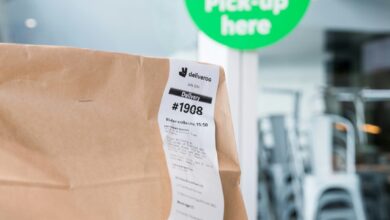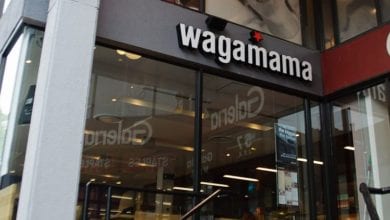Real-time contact with remote teams

Catering is one of the numerous FM services that has proven itself to be essential in recent weeks. Though a lot of workplaces have closed, schools and care homes are just two examples of places that have continued to require catering services.







